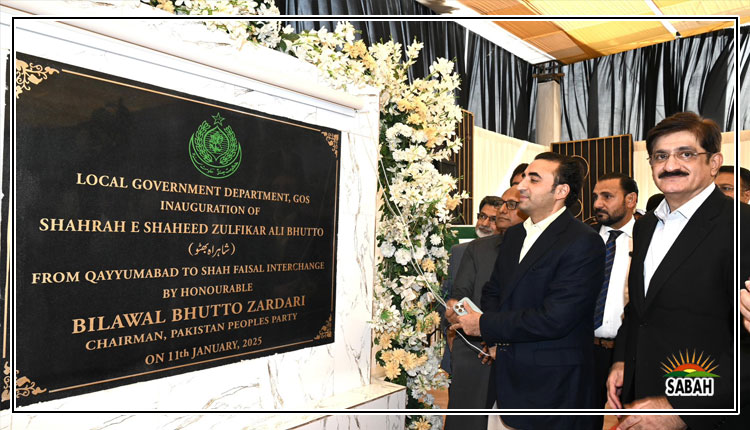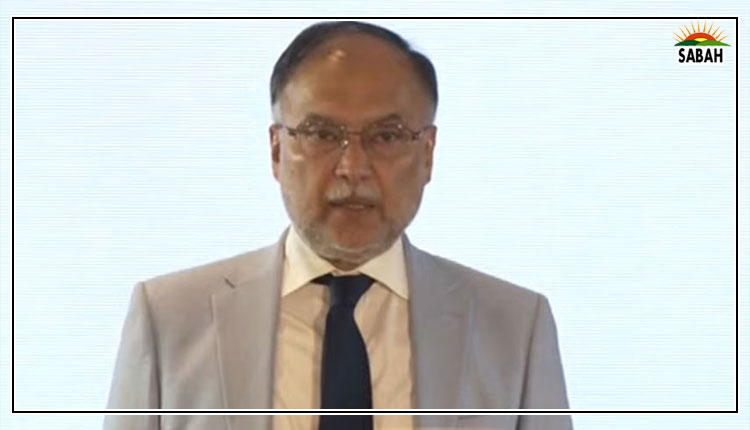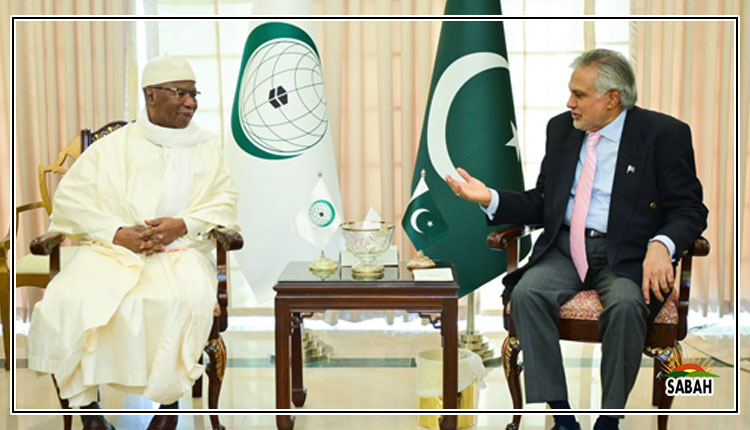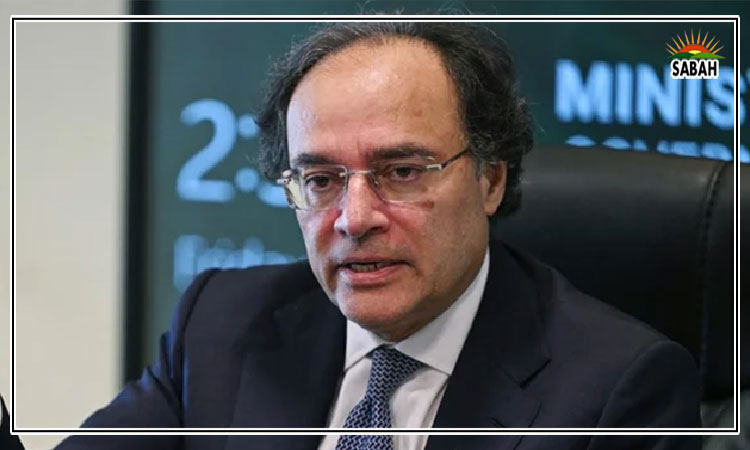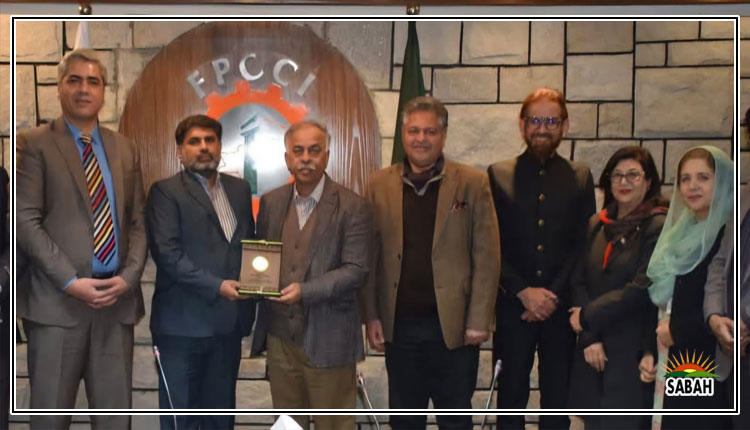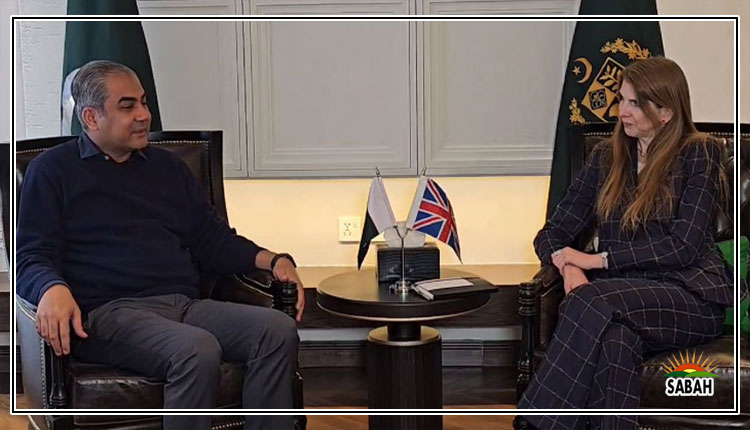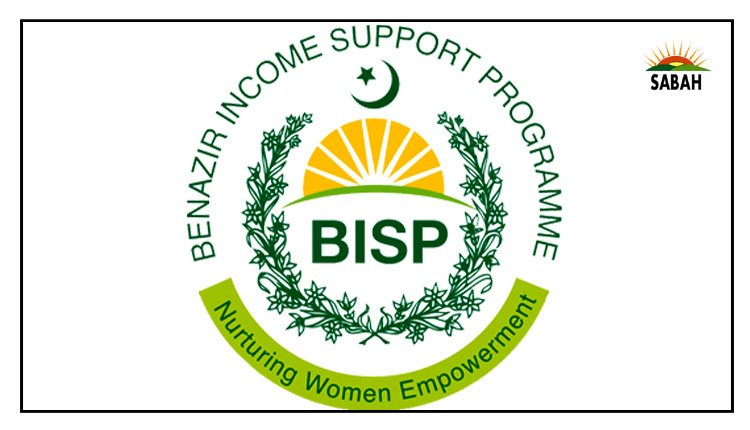BISP holds its first National Steering Committee meeting on Adolescent Girls’ Nutrition project at BISP Headquarters in Islamabad
ISLAMABAD, Sep 9 (SABAH): The Benazir Income Support Programme (BISP) held its first National Steering Committee meeting on the Adolescent Girls’ Nutrition project at BISP Headquarters in Islamabad.
The meeting, presided over by Naveed Akbar, Director General BISP (NSER/CCT), was organized to discuss the SOPRAN project, which leverages social protection initiatives to improve adolescent girls’ nutrition and empowers them as change agents in their communities.
Key stakeholders present included representatives from GIZ, Nutrition International, CERP, provincial Departments of Education, Health, and Food Authorities, along with other national and international partners.
In his opening remarks, Naveed Akbar emphasized the critical importance of addressing the widespread malnutrition among adolescent girls in Pakistan. With over 50% of girls affected by anemia and a significant portion suffering from other micronutrient deficiencies, this initiative is timely and essential. The DG highlighted the project’s focus on integrating nutrition into social protection, such as the provision of iron-folic acid supplements, and the importance of cross-sectoral collaboration in health, education, and social protection for its successful implementation.
The SOPRAN project, spanning seven districts—Faisalabad, Swat, Shaheed Benazirabad, Quetta, Kotli, Skardu, and Islamabad—aims to provide comprehensive nutrition education, access to fortified foods, and community-driven behavior change initiatives. This approach will enable adolescent girls to become pivotal agents of change in their families, contributing to improved family nutrition through enhanced knowledge, dietary practices, and intergenerational dialogue.
Dr. Franz von Roenne from GIZ and other key partners shared detailed project objectives, including the distribution of iron and folate supplements, the fortification of wheat flour, and capacity building for local actors involved in health, education, and nutrition. Discussions also explored ways to integrate food supplements into local food systems sustainably.
In his concluding remarks, Naveed Akbar stressed the importance of ongoing collaboration and the need for provincial and district-level coordination to ensure the project’s success. He called for the nomination of focal persons from all relevant departments to ensure seamless communication and implementation of the project phases.
The meeting concluded with a call to action, emphasizing the need for continued efforts to improve adolescent girls’ nutrition and to foster their roles as agents of change in their communities.



